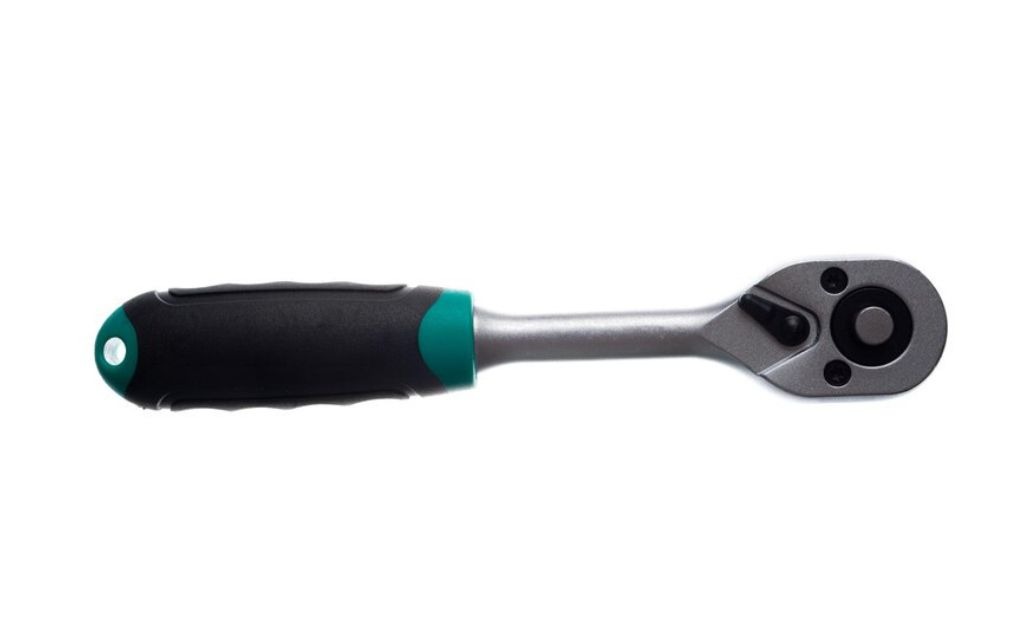- March 12, 2024
- by Emmanuel
- Calibration, Grounding Cable Testing, Hot Sticks Testing, Rubber Glove Testing
The Benefits of Torque Tool Calibration
Introduction
Calibration might not be the most glamorous topic, but it plays a crucial role in ensuring precision, safety, and quality across various industries. Let’s dive into what torque calibration is, why it matters, and which sectors benefit the most from this essential process.
What Is Torque Calibration?
Torque is the measurement of rotational force around an axis. Imagine unscrewing a bottle cap – that twisting motion you apply involves torque. Now, consider the scenario where you overtighten the cap, and it becomes stuck. In this case, you’ve applied too much torque. Torque calibration ensures that tools apply the correct amount of torque, preventing under-tightening or over-tightening.
Why Is Torque Calibration Important?
1. Consistency and Quality Assurance:
- Torque calibration guarantees that tools consistently meet the exact torque requirements. Whether you’re assembling cars, electronics, or machinery, maintaining consistent torque ensures product quality.
- Assembly lines producing thousands of items daily rely on well-calibrated torque tools to avoid defects and ensure uniformity.
2. Time and Cost Savings:
- Properly calibrated torque tools save time, money, and materials. When fasteners are tightened accurately, there’s no need for rework or warranty claims due to faulty products.
- In large-scale operations, these savings add up significantly.
3. Safety and Compliance:
- Industries like automotive, aviation, and defense demand precise torque calibration. Legal health and safety compliance mandates accurate torque settings for fasteners and joints.
- Imagine the consequences of an inadequately tightened aircraft component – it could be catastrophic.
Industries Benefiting from Torque Calibration
Automotive Industry:
- From engine assembly to chassis construction, torque calibration ensures vehicle components are securely fastened.
- Accurate torque prevents issues like loose bolts or stripped threads.
Aviation Industry:
- Aircraft safety relies on properly calibrated torque tools. Fasteners on wings, landing gear, and engines must meet exact specifications.
- Torque calibration helps prevent mid-flight failures.
Engineering Sector:
- In various engineering applications, torque calibration ensures precise assembly and maintenance.
- Whether it’s civil engineering, structural design, or industrial machinery, well-calibrated torque tools enhance reliability.
Conclusion
Next time you tighten a bolt or fasten a critical component, remember the unsung hero – torque calibration. It quietly ensures that our world keeps turning, one precisely calibrated rotation at a time.



